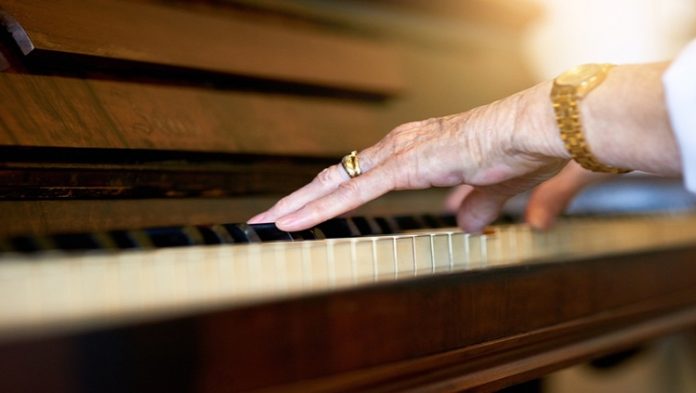The idea that training to play music can serve as a form of natural preventive health care is compelling. Baycrest Centre for Geriatric Care reported via EurekAlert, more evidence has emerged that musical training protects the brain. Some of the strongest evidence yet has emerged that musical training early in life can prevent decay in speech listening skills later in life.
A new Canadian study which was led by the Rotman Research Institute (RRI) at Baycrest Health Sciences showed that older adults who had musical training in their youth were 20 percent quicker at identifying speech sounds on speech identification tests than their peers who did not study music. This is a benefit which has already been observed among young people who had musical training.
The ability to comprehend speech is among the different cognitive functions which can diminish with age. Researchers have observed that beginning formal lessons on a musical instrument before reaching age 14 and continuing intense musical training for up to a decade appears to enhance key areas in the brain which support speech recognition. Robust evidence was found by the Rotman study that this brain benefit is maintained even among older adults.
This study has been published in the Journal of Neuroscience. Gavin Bidelman, who led the study, has said that musical activities are an engaging form of cognitive brain training. There has been increasing awareness of the finding that brain plasticity from musical training is seen in not just younger brains, but also in older brains. Musical training for kids clearly may be very healthy for their brains throughout their lives.








